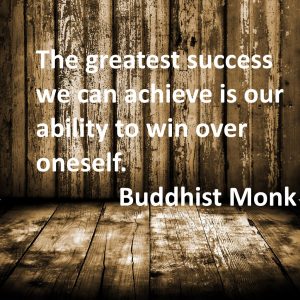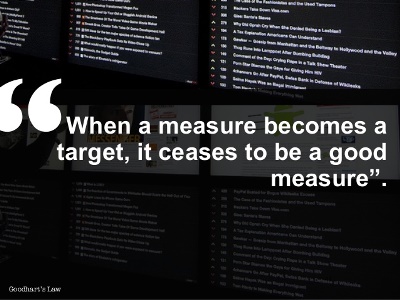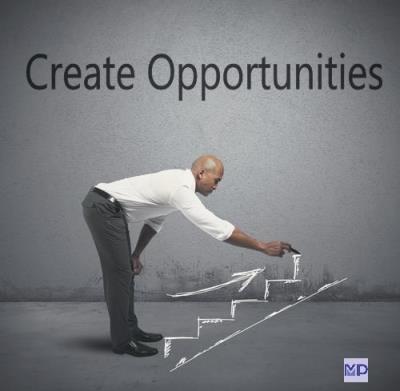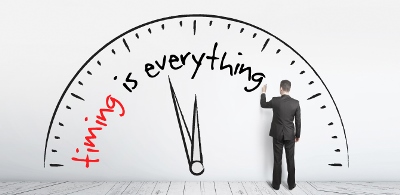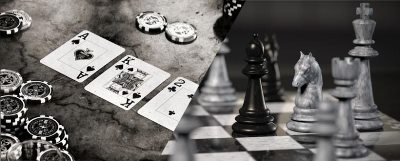An interesting discussion on the evolution of the business book writer model is detailed in the post ‘The quiet revolution in business book publishing‘. With the increase in self-publishing, books are increasingly conceived as a part of a personal brand rather than “solid tomes by well-respected experts based on years of research and published by big name or specialist houses“.
 The description of this evolution resonates with the way I envisage my books: the poste describes how for many authors “the book is not so much a product as an enhanced business card, so giving books away is their favored modus operandi, and income from retail sales is a non-essential bonus.” As a result, “The average business book is now closer to a slim 40,000 words than a substantial 80,000”
The description of this evolution resonates with the way I envisage my books: the poste describes how for many authors “the book is not so much a product as an enhanced business card, so giving books away is their favored modus operandi, and income from retail sales is a non-essential bonus.” As a result, “The average business book is now closer to a slim 40,000 words than a substantial 80,000”
“Business authors want to get their book through production and to market in the shortest possible time to maximise the currency of their content and freshness of their offer. So for them, the business model of traditional publishing – with its focus on broad market titles, slow, intensive production cycles, and well-known authors to generate maximum sales – does not work.”
I’m quite happy to see that my approach to business books is becoming quite mainstream. In any case, this is a massive disruption for traditional publishing houses.


